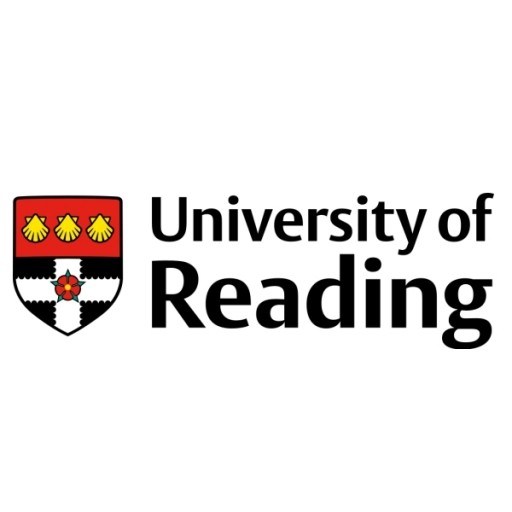Advertisement
The MA in Peace and Reconciliation Studies enables students to develop the knowledge and skill base necessary to understand the links between the different levels of destructive conflict in the world.
You will study the theory and practice of peacemaking and peacebuilding at the various levels, and evaluate alternative modes of action and intervention in the attempt to transform violent and destructive conflict along nonviolent and constructive channels.
WHY CHOOSE THIS COURSE?
* Offers a detailed introduction to the concepts and practices of peace studies, conflict transformation and related areas;
* you will develop the knowledge and skill base necessary to understand the link between the different levels of destructive conflict in the world;
* you will learn to understand the theory and practice of peacemaking and peacebuilding at the various levels.
How will this course enhance my career prospects?
Career prospects are varied, and often challenging. Many graduates have gone on to work for development or human rights agencies in different countries, working with issues directly related to conflict and post-conflict situations. Others move on to PhD programmes. A postgraduate qualification in peace studies is increasingly recognised as a useful asset by employers in fields like politics, journalism, community and peacebuilding programmes, aid and development.
GLOBAL LEADERS PROGRAMME
To prepare students for the challenges of the global employment market and to strengthen and develop their broader personal and professional skills Coventry University has developed a unique Global Leaders Programme.
The objectives of the programme, in which postgraduate and eligible undergraduate students can participate, is to provide practical career workshops and enable participants to experience different business cultures.
Students are required to take four double modules and two single modules before proceeding to the preparation of a dissertation.
Three of the double modules are mandatory. They deal with the central concerns of the course.
* Key issues in peace and reconciliation studies: focuses on the central concepts and theoretical approaches that inform the study of peace and reconciliation,
* theory and practice of conflict transformation: focuses on how violent or damaging conflicts at the inter-personal and inter-group levels can be transformed into constructive processes of personal and social change,
* comparative peace processes: focuses on protracted social and regional conflicts within a comparative framework, enabling the student to examine the relationship between types of conflict, forms of peace settlement, and the main dilemmas of promoting reconciliation during the `post-peace settlement´ phase in societies and regions emerging out of destructive conflict,
* project management for peace and development agencies.
We also offer an optional double module:
Religion, Peace and Conflict focuses on the relationship between change at the individual `micro´ level and the 'macro' level of structural transformation, aiming in particular to enable students to evaluate different ways of envisaging the creation of a world without war that emphasise the primacy of `inner´ change.
If they wish students may choose their optional module from a range offered on other MA courses within the School. The following modules have been approved for the Peace and Reconciliation Studies postgraduate programme:
* International Law in the contemporary world arena,
* gender and international human rights.
Want to improve your English level for admission?
Prepare for the program requirements with English Online by the British Council.
- ✔️ Flexible study schedule
- ✔️ Experienced teachers
- ✔️ Certificate upon completion
📘 Recommended for students with an IELTS level of 6.0 or below.











